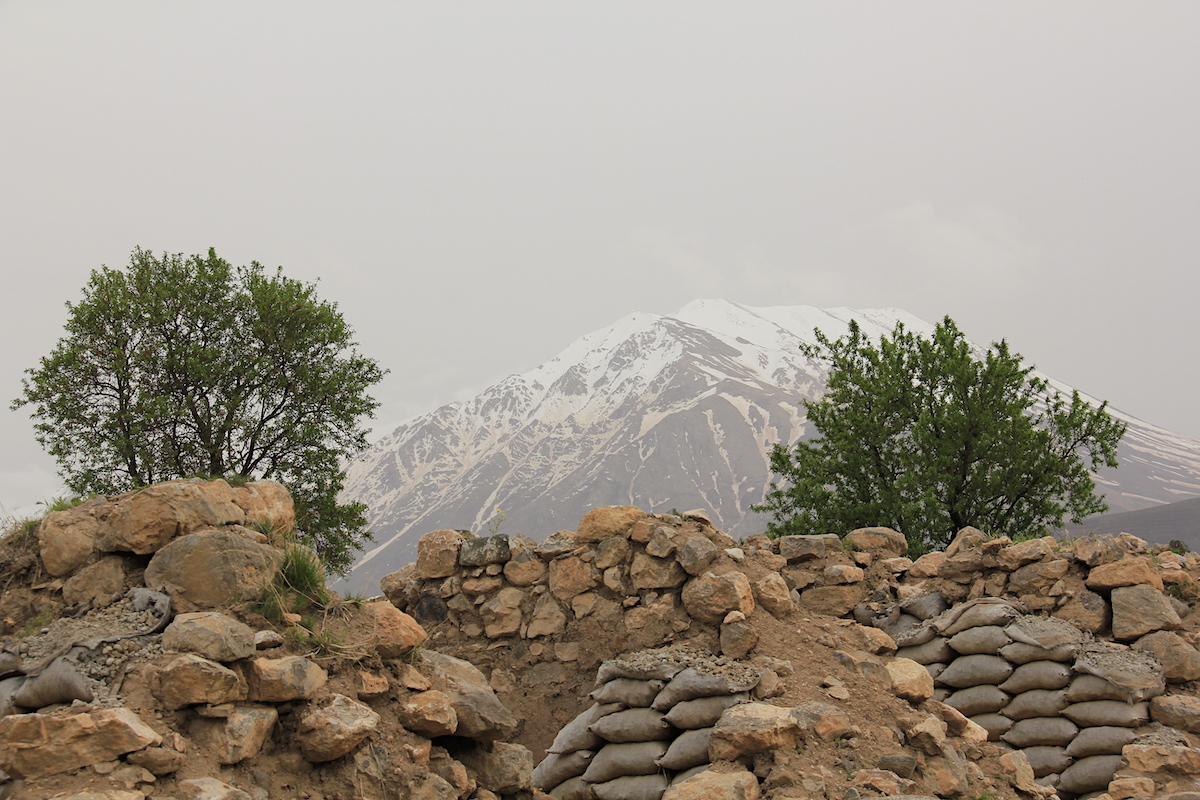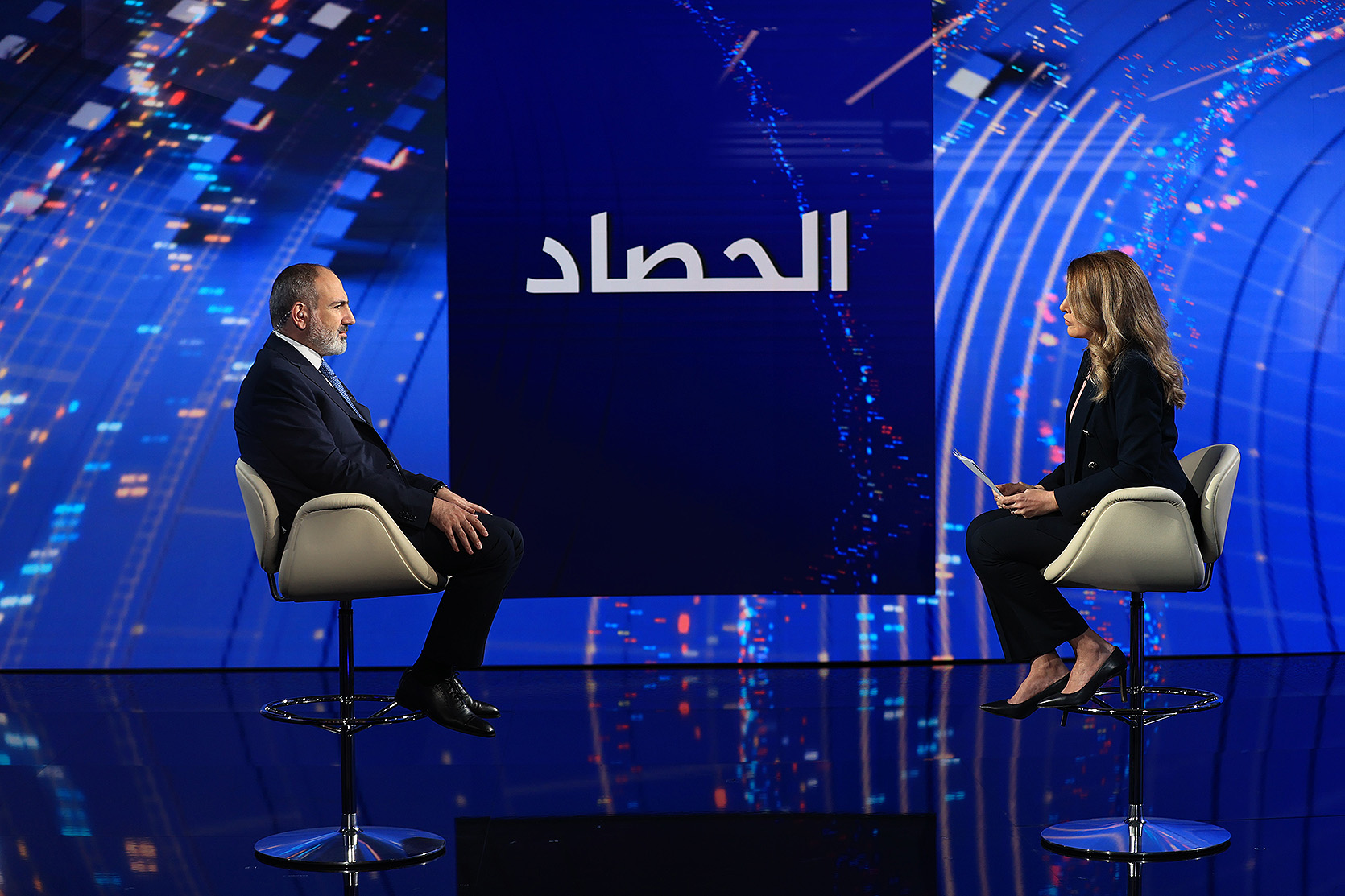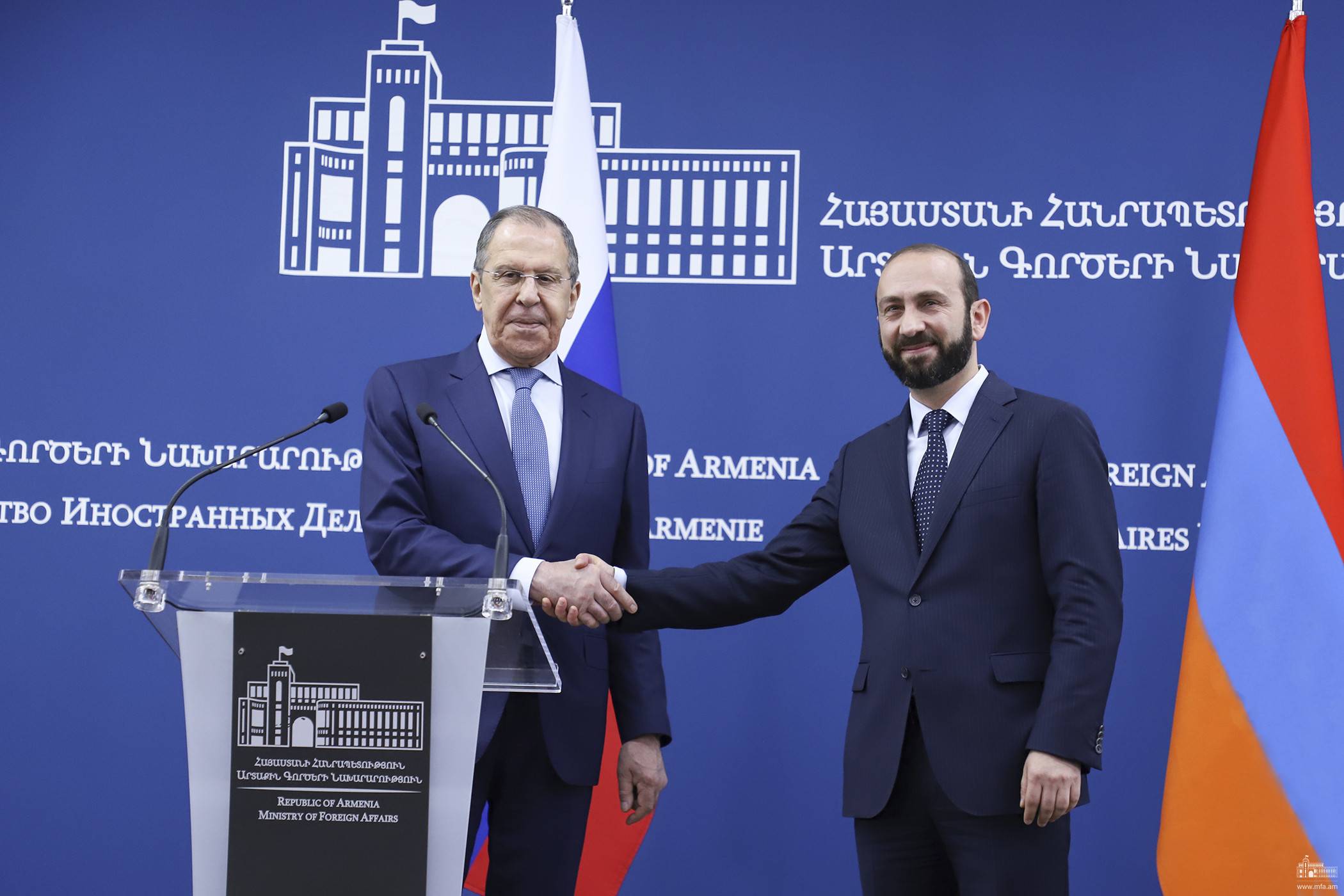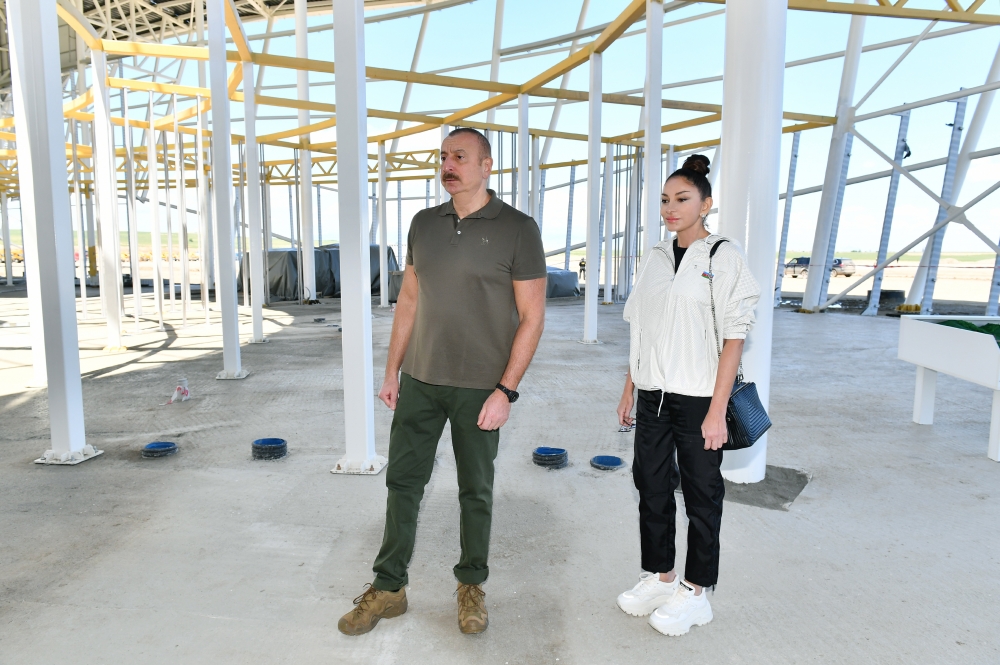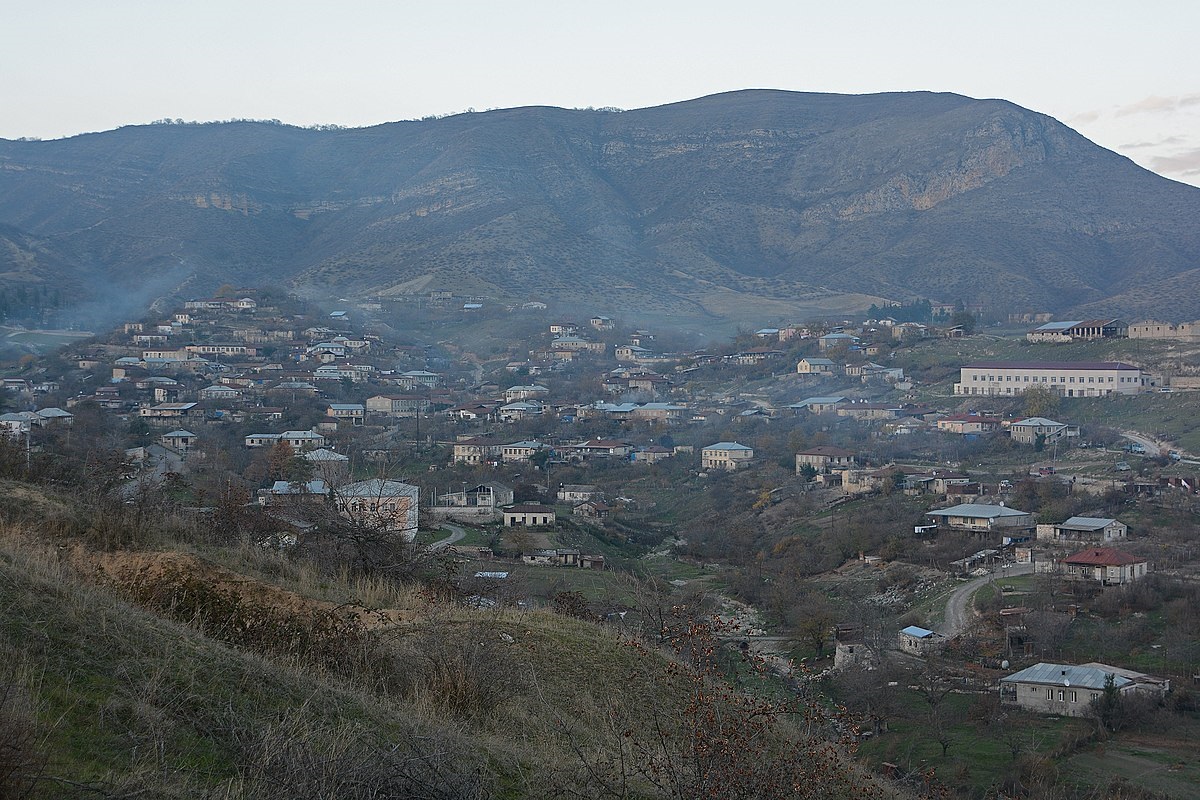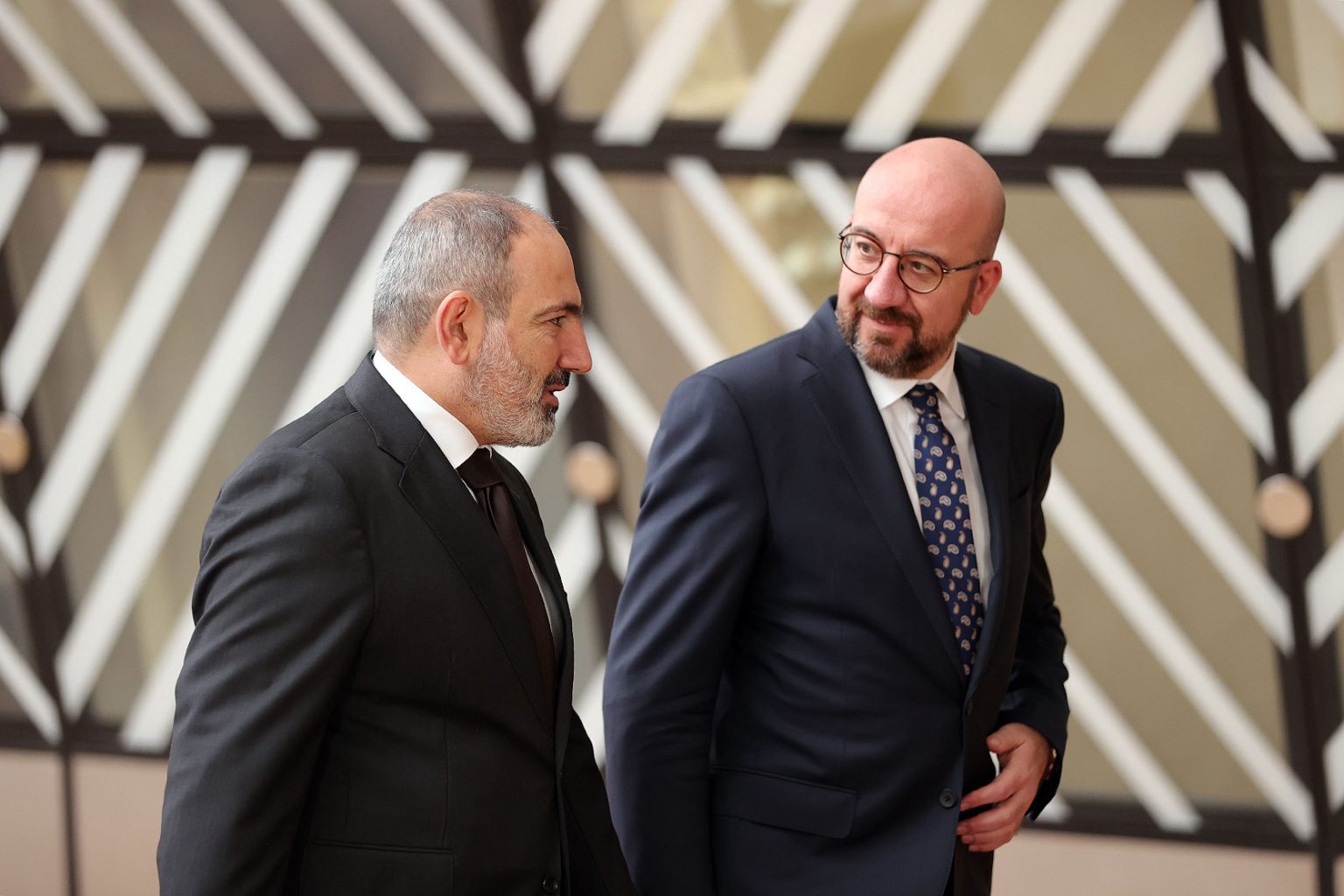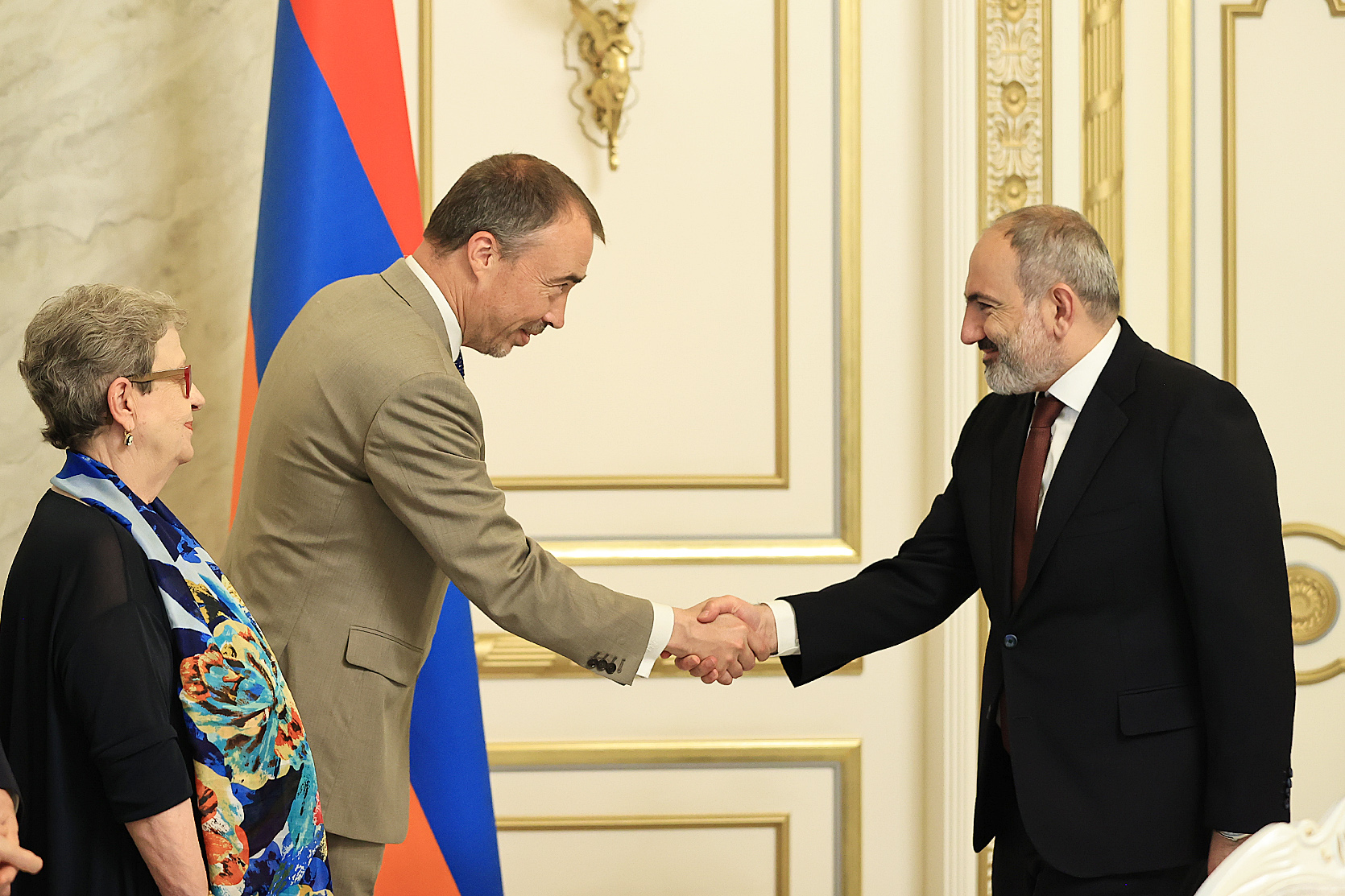Russia vs West in South Caucasus - Opinion from Armenia
Russia’s influence and the role of the West in the South Caucasus
The situation in the region is rapidly changing, and not in a safe direction. Amid the confrontation between the West and Russia, the South Caucasus is already turning into a bone of contention between the two power centres. While Russia is at war in Ukraine, the West is stepping up its actions in the South Caucasus, which unsettles Moscow and forces it to increase pressure on the countries of the region. Lavrov’s last visit to Yerevan again updated the somewhat forgotten “3 + 3” format, Moscow reminded Armenia that there was no alternative to its participation, both in the process of delimiting the Armenian-Azerbaijani border and unblocking communications in the region.
- “Peace, strengthening army or poverty” – what worries Armenians?
- Armenian Defense Minister: ‘No danger’ of new war with Azerbaijan
- Military spending of Armenia and Azerbaijan – in numbers
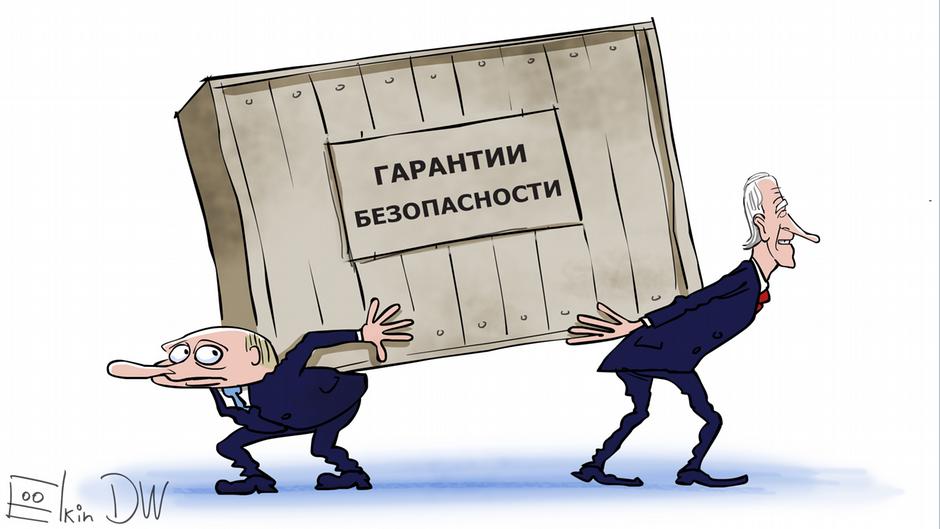
Alexander Iskandaryan, director of the Caucasus Institute, political scientist:
There is no stability in the world, but we desperately need it
The situation that is currently developing not only in the South Caucasus, but throughout the entire post-Soviet space, except for its western part (Belarus, Moldova and Ukraine) can be called a “stand-by” situation.
Russia is heavily occupied with the conflict, moreover, the conflict means not only the actual war in Ukraine, but in general the format of Russian-Western relations. And Russia is trying to make sure that in the conditions of an unfinished conflict, there are no serious risks for it and some stability is maintained.
Russia has several main directions. These include relations with China, the situation in Central Asia, relations with China on Central Asian issues, relations with Turkey, the situation with Syria, where Turkey again plays its role, as well as the situation in the South Caucasus.
Russia does not want to get involved in difficult situations anywhere else, except for Ukraine. And Russia is working in this direction in the South Caucasus, including with Azerbaijan and Turkey.
Pressure instead of cooperation
There is no “3+3” format, but there is a system of pressure on Armenia. This is the pressure of the Azerbaijani-Turkish tandem, the Russian-Azerbaijani format, the Russian-Turkish format.
The “3 + 3” format for resolving regional issues was put forward by Turkey. It involves the participation, on the one hand, of Turkey, Iran and Russia, on the other hand, of Armenia, Azerbaijan and Georgia.
Another question is, how well does it work? So far we see that it does not work.
The fact that there will be a road through the Armenian territory of Meghri, connecting Azerbaijan with its exclave of Nakhichevan, and how it will function, has been discussed since the 2020 war in Karabakh itself. And this is the only point in the tripartite statement of November 9, 2020, which is not about stopping hostilities in Nagorno-Karabakh, but about some future. It is about communications, but no progress has been made yet.
The positions of the parties differ so seriously, are so tied up into in the context of the Karabakh problem itself and are so confronted with a complex of problems that it is very difficult to resolve this issue.
Lavrov cannot come up with a ready-made solution and impose it on someone. This decision should be made by everyone, first of all, Armenia, Azerbaijan and Turkey.
Hovsep Khurshudyan, head of the Free Citizen Civil Initiatives Support Center, political analyst:
Western mediation weakens Russia’s position
No one can tell about Moscow’s plans better than Lavrov himself. Again there is an old trend – an attempt to squeeze the West out of the region, which has its own political and economic levers. One of these levers, and a completely new one, is the EU’s mediation in the settlement of Armenian-Azerbaijani relations, of which Russia is very jealous.
In particular, the European Union is now acting as a mediator in the issue of delimitation of borders with Azerbaijan and unblocking communications.
EU mediation can lead to a significant weakening of Russia, because both of these issues Russia intends to use as leverage against both Armenia and Azerbaijan.
For example, in the case of border delimitation, every centimeter, every position will be negotiated by the parties from Russia, which will provide maps. Naturally, it will not provide them immediately, but piece by piece, and for each piece it will demand something from each side. These are Russia’s plans.
EU mediation significantly weakens this prospect, because the process will follow international norms, procedural developments, including the delimitation of borders within Europe.
The same is true for unblocking of communications. Russia is trying to participate as much as possible in this process, including in the issue of providing escort services.
At the request of Azerbaijan, it plans to escort Azerbaijani cargo through the territory of Armenia. Armenia is not interested in this, because Russian troops (FSB) will not escort Armenian cargo through Nakhichevan. There are no Russian troops there, and Azerbaijan will not agree to their entry there.
As for the intentions of Russia and the use of the CSTO military bloc for its own purposes, on June 10 in Yerevan, at the summit of the Council of Foreign Ministers of the CSTO, Moscow raised the issue of forming some kind of peacekeeping forces of this organization, some new formats of cooperation and deepening of interactions. However, all this is practically sabotaged, primarily by Kazakhstan.
Armenia also resists and makes it clear that no troops with any peacekeeping mission will be provided to Donbass.
Russia is trying to stop the advance of the West
Western involvement significantly weakens Russia. And it is no coincidence that Russia once again resurfaced the 3 + 3 format, which it seemed to abandon after the weakening in Ukraine and under the huge burden of Western sanctions.
But no, Russia is once again promoting this idea with the sole purpose of preventing the West from moving into the region.
Moscow does not consider Turkey to be the West. Turkey does not consider itself the West. Turkey is balancing, maneuvering, trying to take its piece from everyone. Turkey itself is worried that after the defeat of Russia and the actual victory of not just Ukraine, but the consolidated West, the entire region will gradually come under the control and influence of the West, which will significantly weaken its position in the region and its ability to maneuver.
Turkey has always relied on Russia when it opposed the West, when it tried to put pressure on the West. But when Russia is not strong, Turkey will have no one to rely on and will have to obey international rules, which it strongly does not want.
The same is with its henchman in the region, Azerbaijan, whose president on May 27 at a meeting with citizens said that the world order is changing, there will be no international law, all issues will be resolved by force, and Azerbaijan will continue to arm and live the way it wants.
The West is toughening its positions towards Azerbaijan
Armenia is now showing quite a lot of maneuverability.
This is due to the proposals of the West and some security guarantees on the issue of Azerbaijani aggression. Yes, these are not the most ideal guarantees, not comprehensive, not unconditional, not 100%, but they exist.
We saw how the West – the US, the EU – reacted very harshly to Azerbaijan’s attack on the village of Parukh in Nagorno-Karabakh [Azerbaijanis call it Farukh – JAMnews]. Moreover, for the first time they reacted specifically, accusing Azerbaijan of violating the agreements. There was no such reaction from the West even during the war.
This means that the West’s position towards Azerbaijan is becoming tougher, despite the fact that Azerbaijan, it would seem, is a very important partner in the energy sector.
This means that Azerbaijan’s responsibility to the international community has not been cancelled. This means that the West treats Azerbaijan not only as an authoritarian regime, but also as a regime that constantly violates agreements.
For example, the head of the EU, Charles Michel, in his harsh statement, actually accused Azerbaijan and said that Aliyev in Brussels agreed on one thing, while in his country he declared the exact opposite.
No less harsh was the resolution of the European Parliament adopted on March 10 on the Armenian cultural heritage in the territories that came under the control of Azerbaijan. Only the word “genocide” was not used in the resolution. But if we sum up all the accusations that fell on Azerbaijan, we can easily conclude that Azerbaijan is purposefully carrying out cultural genocide.
We also have an interim resolution of the International Hague Court, in which Azerbaijan is accused of ethnic xenophobia at the state level towards Armenians.
- Armenia vs Azerbaijan: Hearings at the UN International Court of Justice
- Armenia files a lawsuit against Azerbaijan at International Court of Justice
It is no coincidence that EU Special Representative Toivo Klaar said that without the population of Nagorno-Karabakh, no one can decide its fate. US Ambassador to Armenia Lynn Tracy made a similar statement.
In a word, storm is gathering over Azerbaijan and over Russia due to their capricious and aggressive policy in the region.
The West makes it clear that the world order has not changed, international law exists and the West will consistently implement this law, including in our region.
The EU and the US make it clear to Azerbaijan that its aggressive expansionist sentiments will not have any support, moreover, they will be very severely suppressed.










